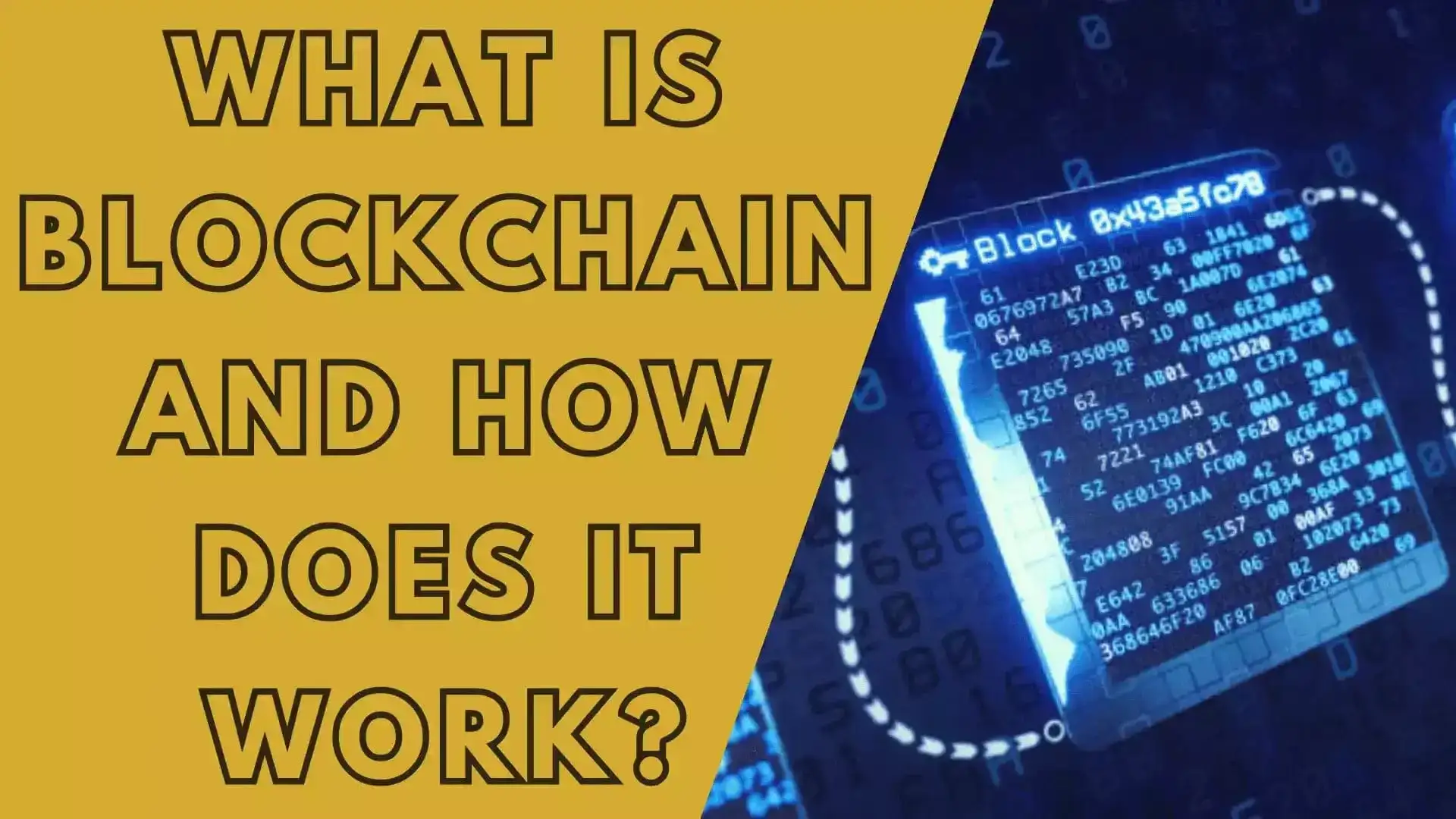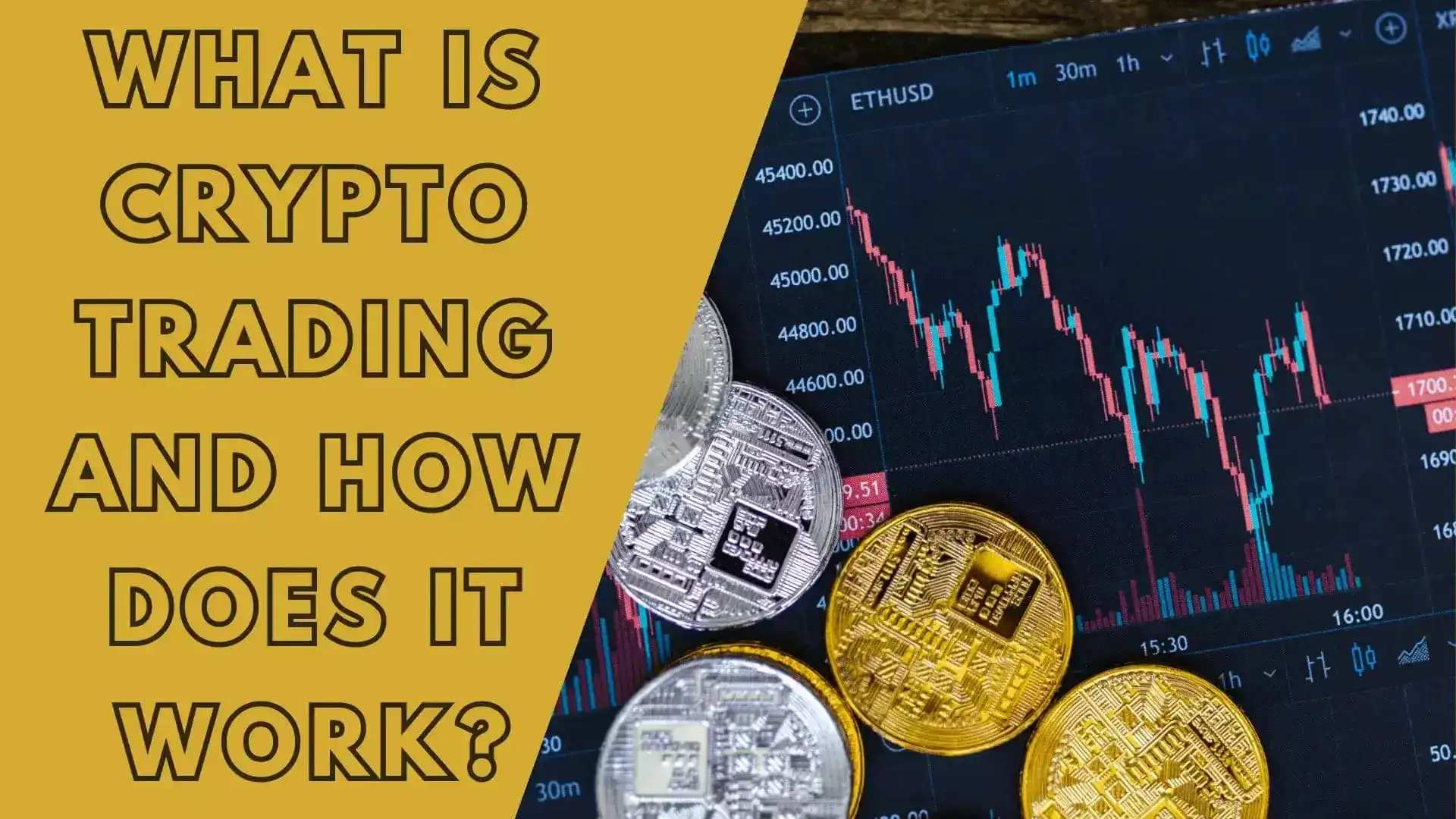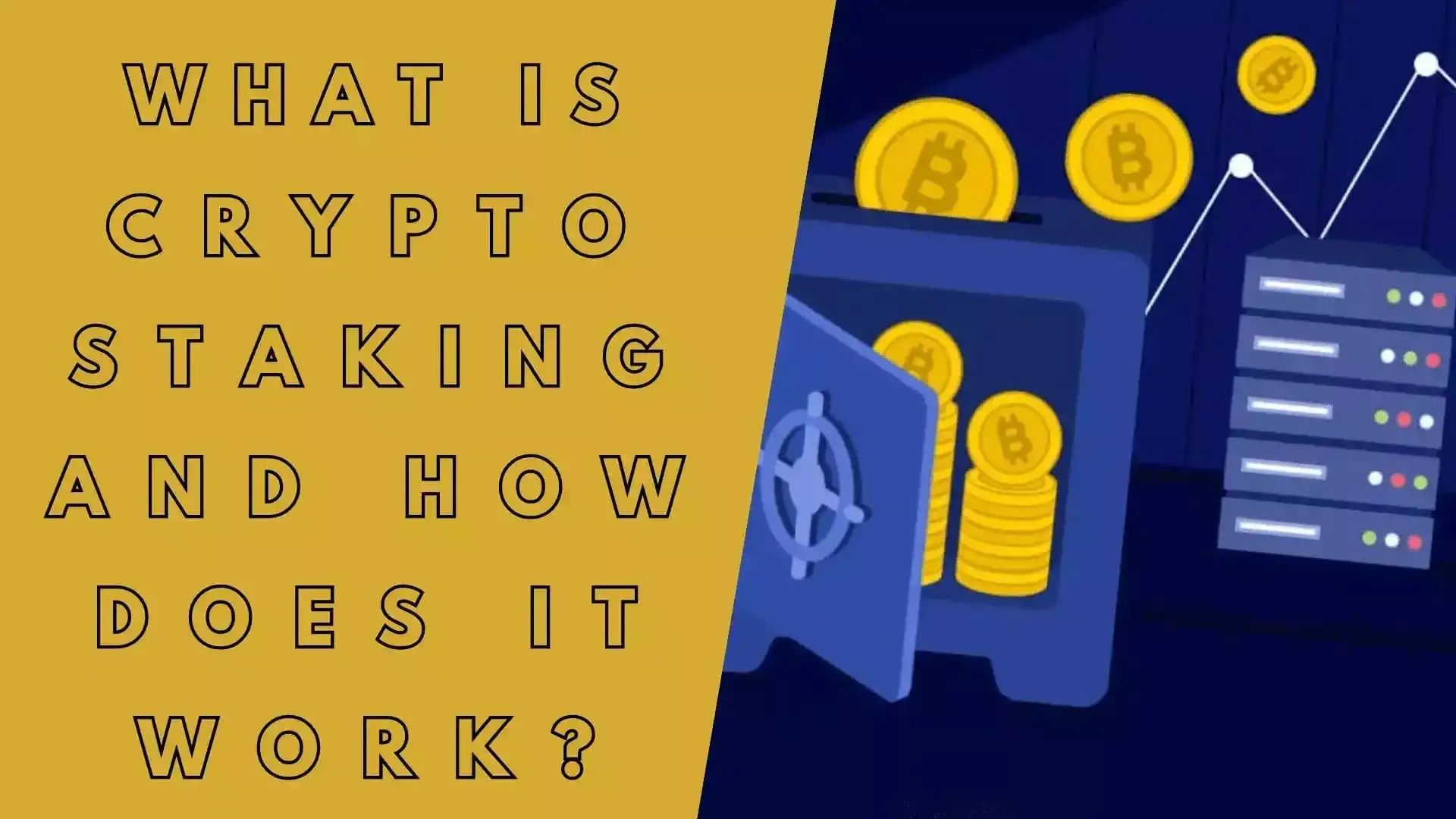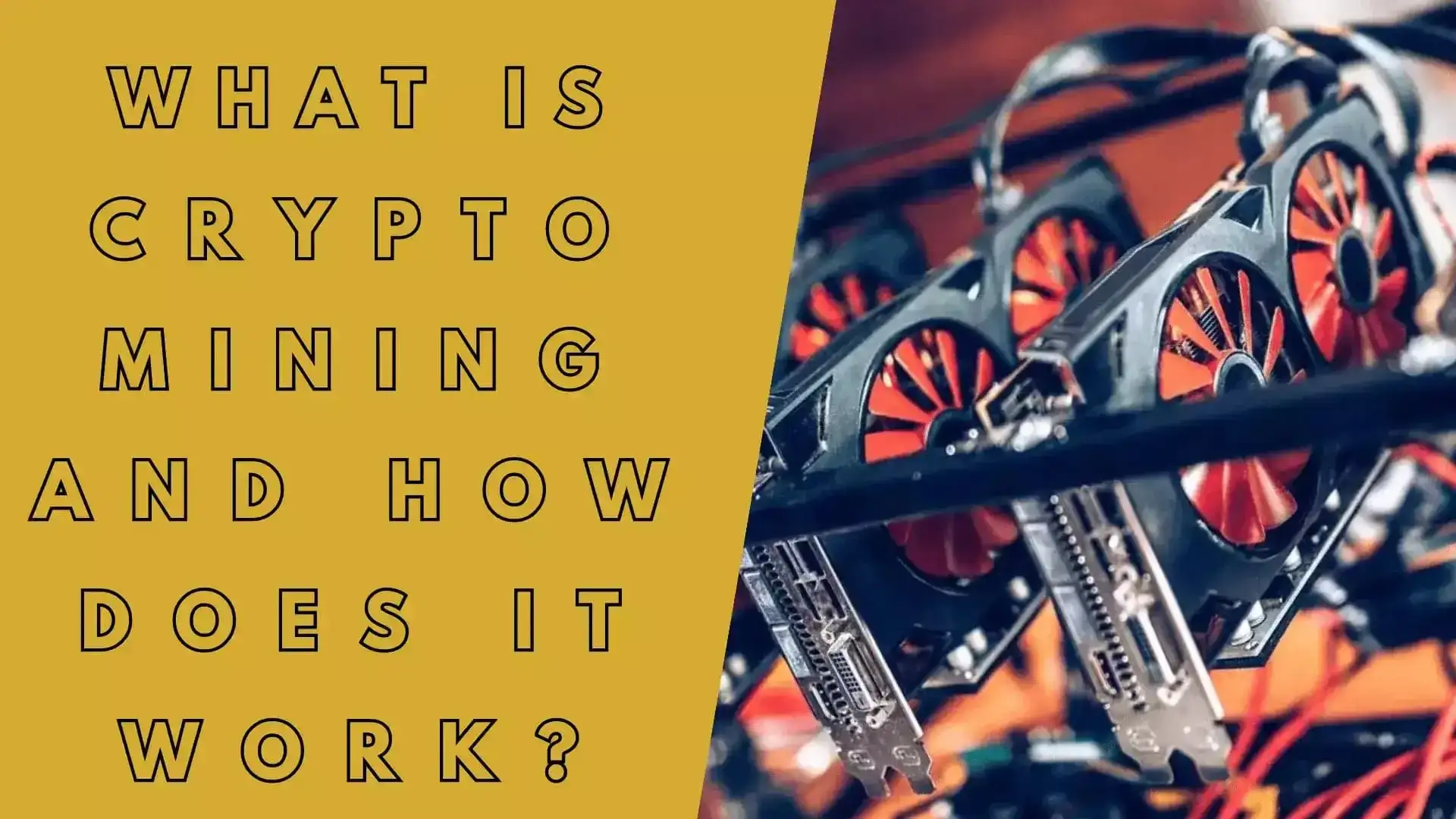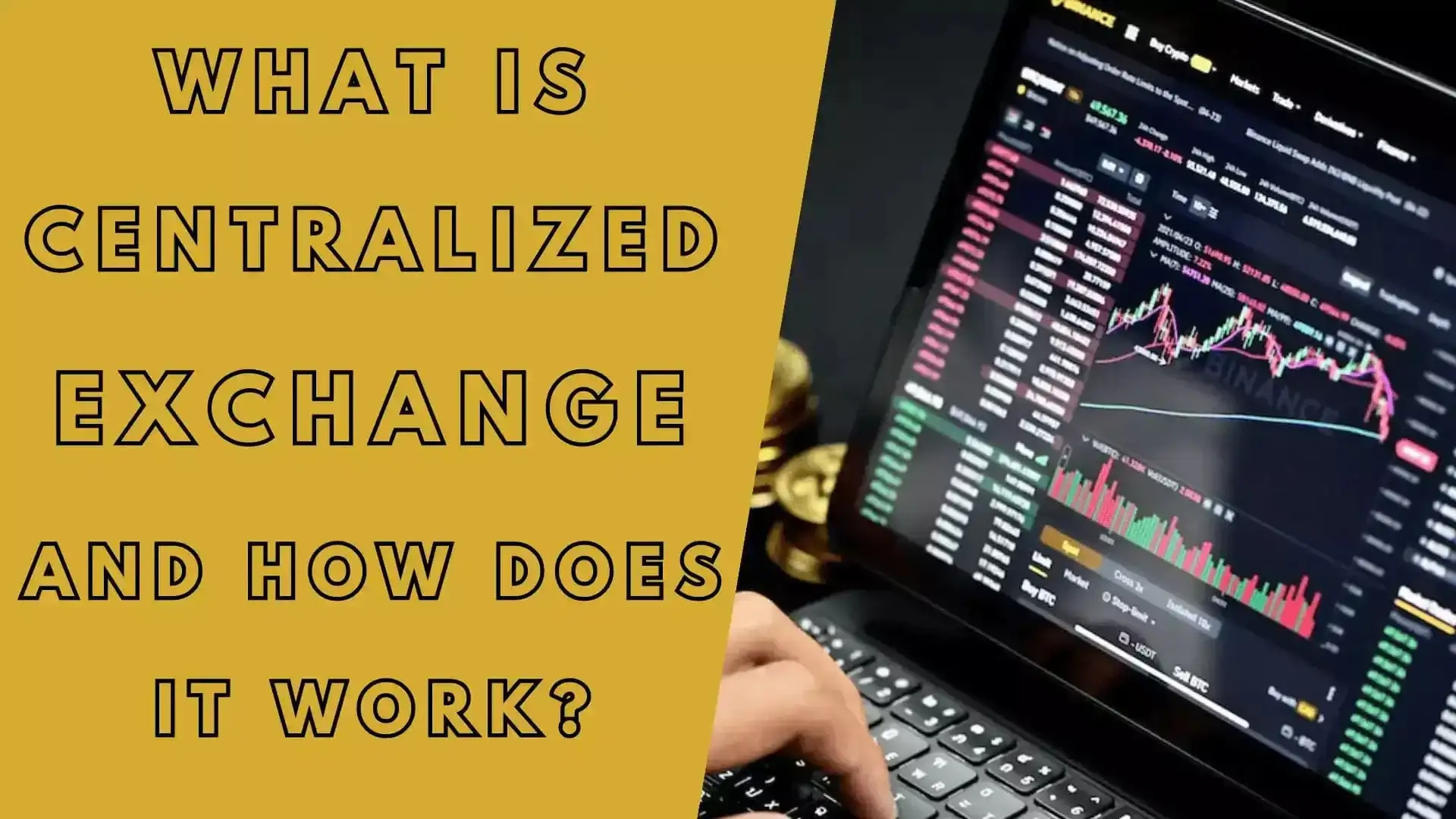What Are Zk-Rollups? The Layer-2 Scalability Technique
Blockchain technology has gained significant traction in recent years due to its potential to revolutionize various industries, including finance, supply chain management, and healthcare. However, scalability has been one of the major challenges facing the widespread adoption of blockchain technology. As the number of users and transactions on a blockchain network grows, the network becomes slower and more expensive to use. To address this issue, various scalability techniques have been proposed, with ZK-Rollups emerging as one of the most promising solutions.
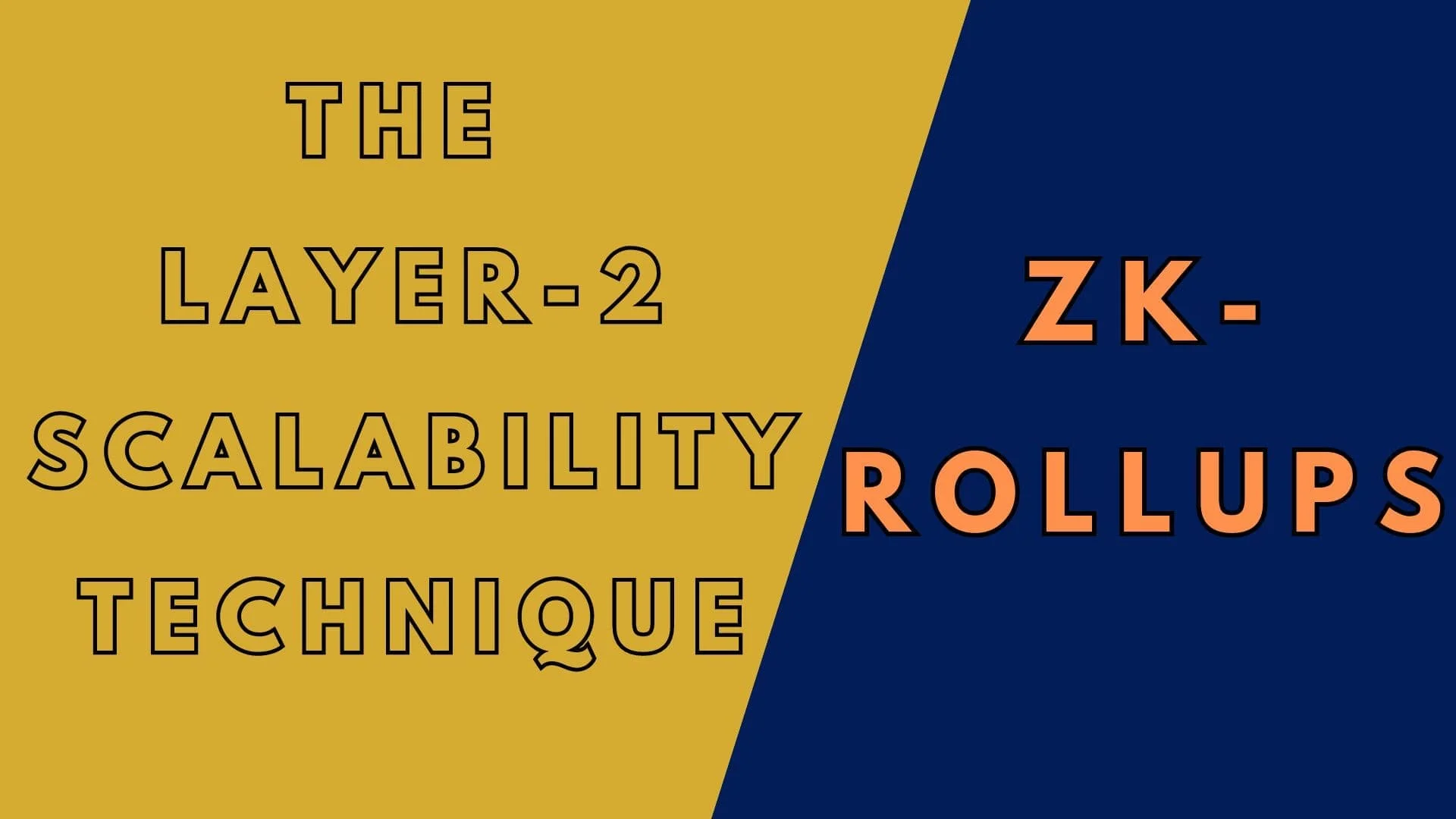
Posted on 16 Dec 2023
What are ZK-Rollups?
ZK-Rollups, short for Zero-Knowledge Rollups, are a layer-2 scalability technique designed to increase the throughput of blockchain networks while maintaining the security and decentralization properties of the underlying blockchain. ZK-Rollups leverage zero-knowledge proofs to bundle multiple transactions together and submit them as a single transaction on the blockchain. This bundling approach significantly reduces the number of on-chain transactions, thereby increasing the scalability of the network.
How do ZK-Rollups work?
To understand how ZK-Rollups work, let's first look at the concept of rollups. Rollups, in general, are a class of layer-2 solutions that involve aggregating multiple transactions off-chain and then submitting a summary of these transactions to the main blockchain. This off-chain aggregation reduces the computational and storage requirements of the main blockchain, resulting in improved scalability.
ZK-Rollups take the rollup concept a step further by utilizing zero-knowledge proofs. Zero-knowledge proofs are cryptographic protocols that allow one party (the prover) to prove the validity of a statement to another party (the verifier) without revealing any additional information. In the case of ZK-Rollups, zero-knowledge proofs are used to prove the correctness of the aggregated transactions without disclosing their details.
Here is a step-by-step overview of how ZK-Rollups work:
- Off-chain computation: The ZK-Rollup solution aggregates multiple transactions off-chain, creating a rollup.
- Commitment: A summary of the rollup, called a commitment, is generated by computing a hash of the transactions and other relevant data.
- Zero-knowledge proofs: Zero-knowledge proofs are generated to prove the validity and correctness of the transactions without revealing any sensitive information. These proofs verify that all transactions in the rollup are valid and abide by the consensus rules of the blockchain.
- On-chain submission: The commitment and zero-knowledge proofs are submitted to the main blockchain as a single transaction. This transaction is considerably smaller and less computationally intensive than if each individual transaction were submitted separately.
- Verification: Once the commitment is included in the main blockchain, anyone can verify the validity of the transactions using the zero-knowledge proofs. The proofs guarantee that the transactions in the rollup are correctly executed and do not violate the security properties of the blockchain.
Benefits of ZK-Rollups:
- Scalability: ZK-Rollups significantly increase the throughput of blockchain networks by aggregating multiple transactions into a single transaction. This reduces the burden on the main blockchain, allowing more transactions to be processed in a given time.
- Cost-efficiency: By reducing the number of on-chain transactions, ZK-Rollups lower the transaction fees associated with using blockchain networks. This makes blockchain technology more accessible and affordable for users.
- Privacy: ZK-Rollups provide privacy benefits by using zero-knowledge proofs. These proofs ensure that the details of individual transactions remain private while still allowing the network to validate their correctness. This is particularly relevant in financial transactions where user privacy is a paramount concern.
- Better user experience: With increased scalability and reduced transaction fees, ZK-Rollups provide a better user experience for blockchain applications. Users can enjoy faster transaction confirmation times and lower costs, making blockchain technology more viable for everyday use.
Challenges and Limitations:
While ZK-Rollups offer significant benefits, there are also challenges and limitations associated with this layer-2 scalability technique.
- Data availability: As the transactions are aggregated off-chain, the details of individual transactions are not immediately available on the main blockchain. Although the zero-knowledge proofs provide cryptographic guarantees, some applications may require the immediate availability of transaction details for auditing or regulatory purposes.
- Exit mechanism: In the event of a dispute or a malicious actor trying to manipulate the system, an exit mechanism is needed to ensure the recovery of funds. Implementing a secure and efficient exit mechanism without compromising the scalability benefits of ZK-Rollups is an ongoing research challenge.
- Ecosystem adoption: The implementation and adoption of ZK-Rollups require changes to the existing blockchain protocols and infrastructure. This can present a barrier to widespread adoption, as it requires coordination and buy-in from various stakeholders in the blockchain ecosystem.
- Gas fees: While ZK-Rollups reduce the transaction fees for users, there is still a gas cost associated with submitting the commitments and zero-knowledge proofs to the main blockchain. The gas cost can vary depending on the blockchain network and can hinder the cost-efficiency aspect of ZK-Rollups.
Real-world Applications:
ZK-Rollups have the potential to revolutionize various industries by enabling scalable and cost-efficient blockchain solutions. Some potential real-world applications of ZK-Rollups include:
- Decentralized Finance (DeFi): DeFi is one of the most active sectors in the blockchain industry. ZK-Rollups can be used to enhance the scalability of DeFi platforms, allowing for faster and cheaper transactions. This can improve the user experience and drive broader adoption of DeFi applications.
- Gaming and Non-Fungible Tokens (NFTs): ZK-Rollups can increase the scalability and reduce the costs associated with gaming and NFT platforms. This can enable seamless and cost-efficient in-game transactions and the creation of unique digital assets.
- Supply Chain Management: Supply chain management involves numerous transactions and multiple parties. ZK-Rollups can streamline and scale supply chain processes by reducing the on-chain transactions and associated costs. This can improve efficiency and transparency in supply chain networks.
- Identity and Authentication: ZK-Rollups can be used to enhance the privacy and security of identity and authentication systems. By leveraging zero-knowledge proofs, ZK-Rollups can enable cryptographic verification of identities while preserving data privacy.
Conclusion:
ZK-Rollups represent a promising layer-2 scalability technique in the blockchain and cryptocurrency space. By leveraging zero-knowledge proofs, ZK-Rollups achieve significant improvements in scalability, cost-efficiency, and privacy while maintaining the security and decentralization properties of the underlying blockchain. While there are challenges and limitations associated with ZK-Rollups, ongoing research and development efforts are addressing these issues. With the potential to revolutionize various industries, ZK-Rollups are poised to play a significant role in the future of blockchain technology.

